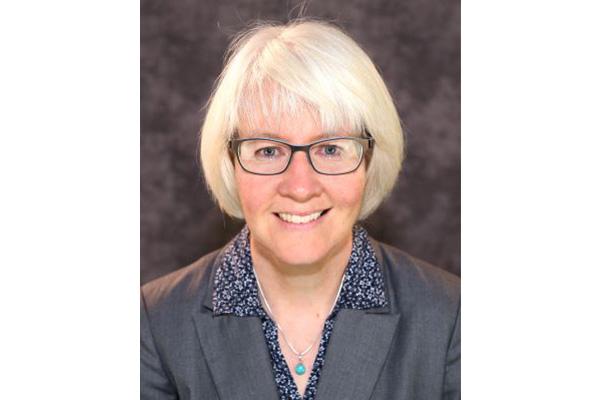
Speaker: Alison MacKay
Seminar Title: Structure Matters! Understanding the outsized role of organic matter in contaminant fate
Abstract: This presentation highlights outcomes from the creative inquiry of student advisees who each posed the question, “What is it about the structure of organic matter that is causing contaminants to degrade – or to sorb in unexpected ways?” Insights were discovered by applying tools to probe organic matter at the molecular level. High resolution mass spectrometry showed the shifts in chemical formulae of organic matter components, following sequential drinking water treatment processes. These observations were used to explain variability in harmful byproducts formed in the chlorine disinfection of drinking water. Secondly, atomistic computational chemistry tools were used to visualize and quantify organic contaminant interaction energies with soil organic matter. Results help to describe why organic matter shows unexpectedly high sorption of organic compounds with positive charge. Collectively, these findings advance understanding of the role of organic matter in contaminant fate that have not been captured using bulk descriptors of these heterogeneous materials present in all aquatic systems.
Host: Andrea Grottoli
